
After about six or seven years of age, you may start noticing some behavioral changes in your rabbit. Even if your rabbit is healthy and fit, chances are he will start to slow down a little bit around this age. This article will briefly describe some of the characteristics of an aging bunny and suggest some things you can do to make him more happy and comfortable.
When a bunny starts getting older, you may have to adjust his diet to match his changing needs. If your elderly rabbit is losing weight, try modifying his diet by adding some plain pellets to his food. Alfalfa or timothy pellets should work well. Alternately, if your rabbit is experiencing the ever so common condition of obesity, you will need to adjust his diet to attempt to get him at his optimal weight. You should talk to an expert to find out what that optimal weight is for you older bunny. Also, you may need to adjust your rabbits diet on account of the diminishing effectiveness of your rabbit's teeth.
Older bunnies often begin to lose some of their former mobility skills. If they had favorite spots that were high up or required climbing and can no longer reach them, consider moving those spots to a lower and more accessible position. Make sure their living area has good traction so they are able to move around with ease. If your bunny is in pain on account of his joints or bones, consider getting him prescribed some pain medication, like Metacam. Also, elderly bunnies get colder more easily, so it isn't a bad idea to provide a small space heater somewhere near your bunny's hutch or pen to keep him warm. Living with an older bunny can require a little more effort and attention from you, but with love and diligence, you can bet you will have many more good times to share with your rabbit.
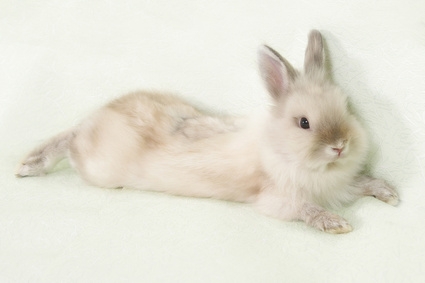 How to Control the Odor of Stinky Pet Rabbits
How to Control the Odor of Stinky Pet Rabbits
How to Control the Odor of Stinky Pet Rabbits
How to Control the Odor of Stinky Pet Rabbits
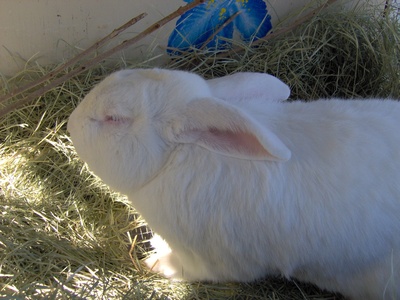 How to Calm a Thumping Rabbit
How to Calm a Thumping Rabbit
How to C
How to Calm a Thumping Rabbit
How to Calm a Thumping Rabbit
How to C
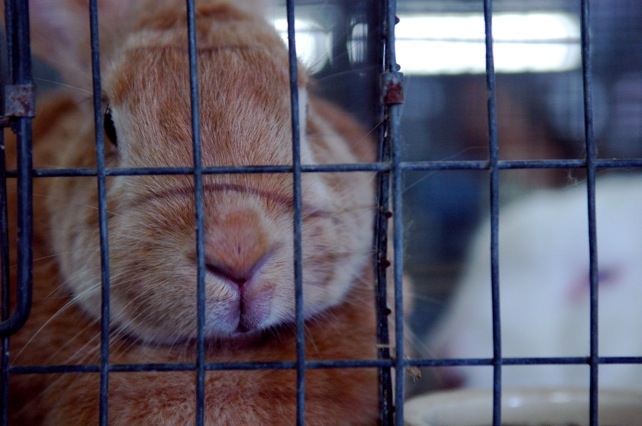 How to Build a Wood Framed Rabbit Cage
How to Build a Wood Framed Rabbit Cage
How to Build a Wood Framed Rabbit Cage
How to Build a Wood Framed Rabbit Cage
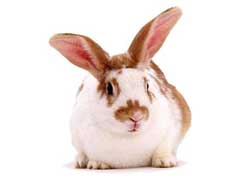 How to Treat a Rabbit Runny Nose?
While
How to Treat a Rabbit Runny Nose?
While
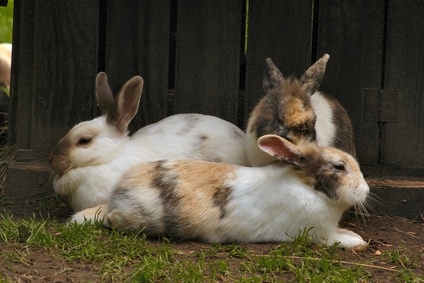 Male Vs. Female Rabbits
Male Vs. Female Rabbits
Male Vs. Femal
Male Vs. Female Rabbits
Male Vs. Female Rabbits
Male Vs. Femal
Copyright © 2005-2016 Pet Information All Rights Reserved
Contact us: www162date@outlook.com